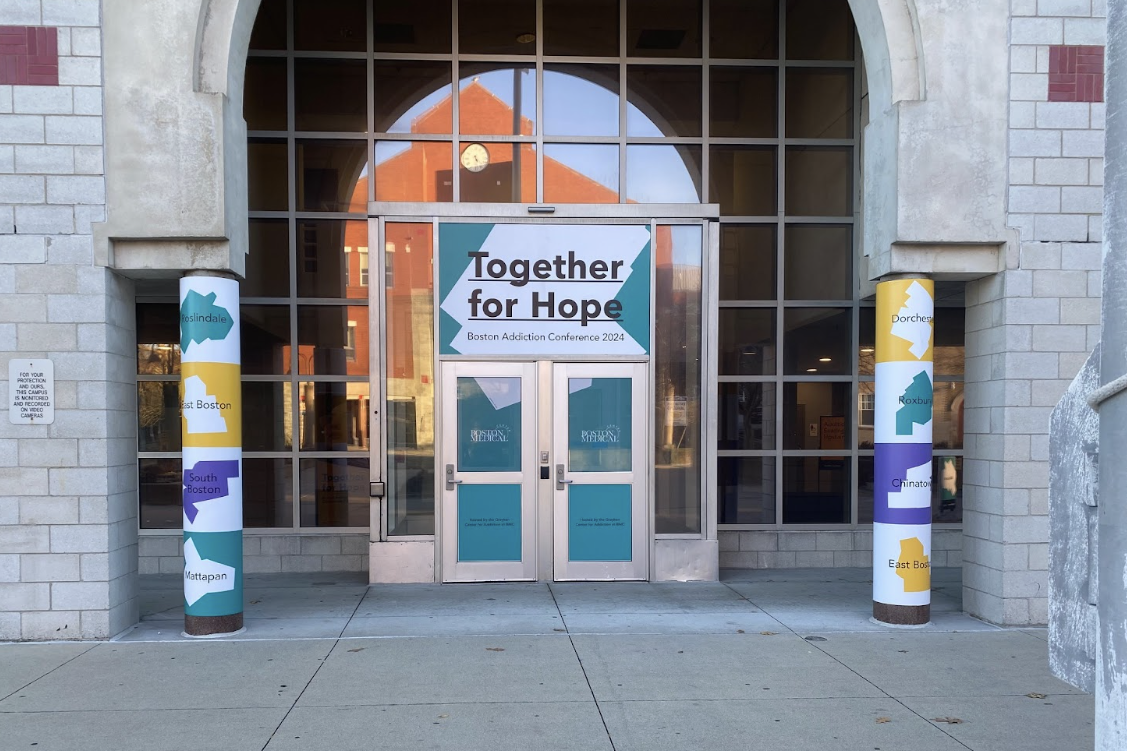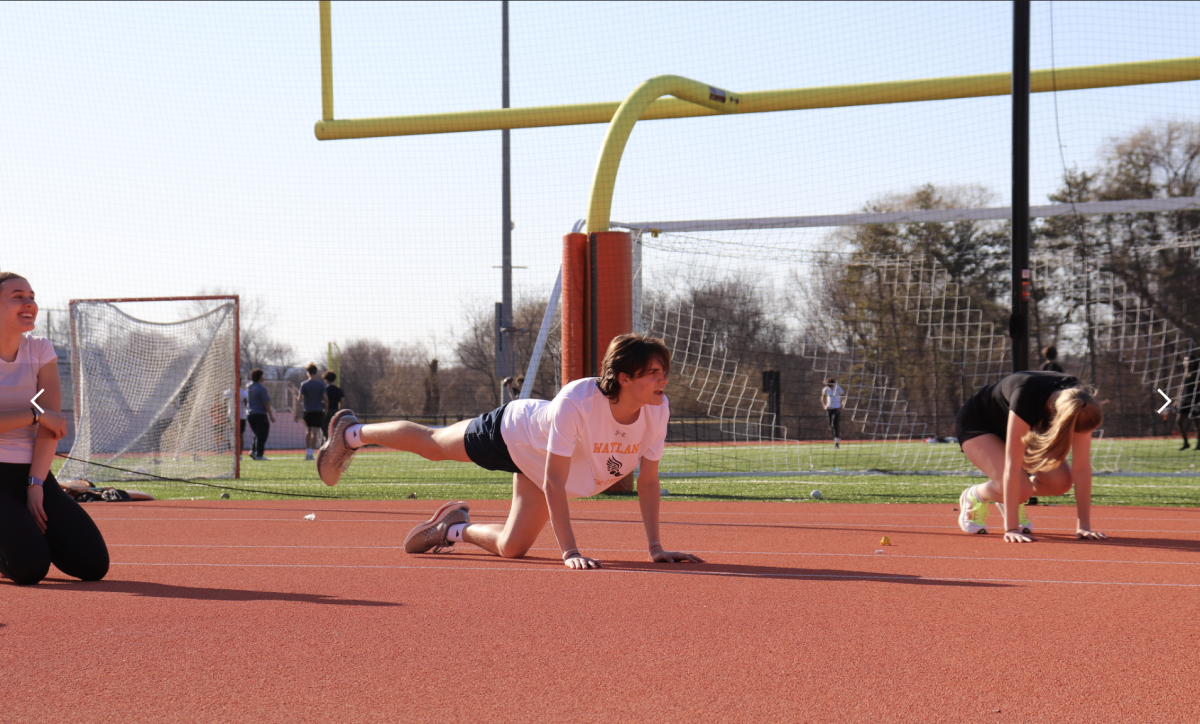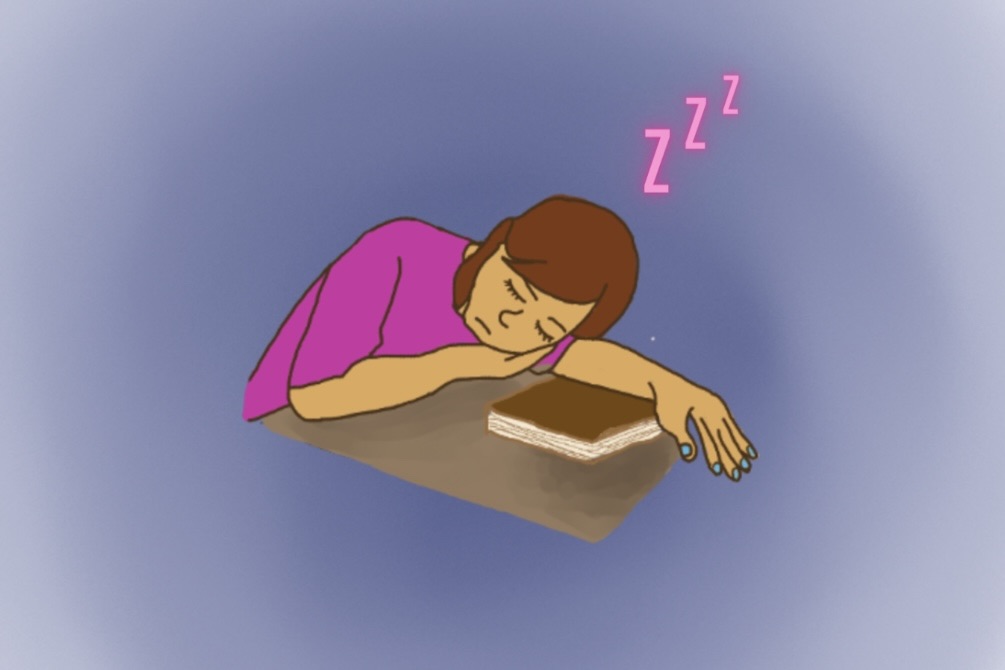Opinion: Qatar should not be hosting the 2022 World Cup
December 17, 2022
Negligence and discrimination take center stage in Qatar’s 2022 World Cup, as well as the country’s strict policies on basic human rights. These reasons further prove that Qatar simply should not be hosting the World Cup.
The Fédération Internationale de Football Association (FIFA), has a long history of being a corrupt company, with many of its high ranking members and officials being accused of accepting bribery. Not only are there suspicions of games being rigged by biased officials, it was confirmed by the United States Department of Justice in 2015 that many of their high ranking officers had been receiving bribes. Even worse, after those initial accusations, it was found that FIFA is still accepting bribes. It is believed that both Russia, in 2018, and Qatar in 2022, were only able to host the World Cup because they sent bribes to FIFA.
Based on their history of money laundering, bribery, fraud and many more accusations, it shouldn’t surprise anyone that FIFA would stoop low enough to allow Qatar to host this year’s World Cup. Still, I can’t help but be astonished that they would overlook so many issues with Qatar and its hosting capabilities.
Seeing as so many youth players look up to the people within FIFA and the FIFA organization itself, setting a good example for younger audiences should be the organization’s top priority. FIFA’s job is not only to provide entertainment, but to instill the belief in young players that if they work hard enough, one day they could have the honor of playing within a FIFA World Cup. Rather than getting caught in scandals, FIFA should be spending more time working to help youth players.
Putting aside all human rights issues and bribes, Qatar is simply not a good location for the World Cup to take place.
Qatar is only 4,483 square miles, coming in just a little bit smaller than the state of Connecticut. Solely based on its size and the probable 1.2 million international visitors entering the country, it isn’t a comfortable location for the World Cup to take place. Imagine all of the fans entering the stadiums and the country. They are filled with a false excitement as they get ready to watch an incredible game, only to find that there is absolutely no space for them to sleep, and the stadium is overcrowded. Their view is probably obstructed by thousands of people layering on top of each other, and no one is given the room they need to breathe.
“Qatar is a mistake,” former FIFA president Sepp Blatter said in an interview with Swiss newspaper Tages Anzeiger on Nov. 8. “It was a bad choice and I was responsible for it as president at the time.”
In 2015, amidst a bribery scandal, Blatter was forced to step down from his presidential position, and he was soon investigated by both the Swedish government and FIFA itself. Blatter will remain banned until 2027. Moving forward, my hope is that as the company makes new decisions and moves forward without Blatter at the head, they will be less corrupted and less bribery driven.
When it won the vote in 2010 to host the 2022 World Cup, Qatar was lacking many of the stadiums, highways and hotels needed to entertain and accommodate all of their visitors. To compensate for the many things they would need to build, the Qatari government enlisted their massive migrant worker population for help.
The massive migrant worker population is the result of the kafala system or sponsorship system. The system works by allowing businesses and citizens to “sponsor” a migrant worker and be their employer. The sponsor is responsible for covering travel expenses and providing workers with housing, usually in dorm-like styles, or having the workers stay in the sponsor’s home.
The workers are vulnerable because their employment and residency visas are linked to each other, meaning only the sponsors can renew or terminate them. This imbalance of power creates a potentially dangerous situation for the workers. It’s absolutely appalling that one person could be allowed to hold that much power over another adult. As legal adults, the workers should at least be in control of where they work, yet they’re not.
The workers were forced to stay in overcrowded areas that are unsanitary and unsafe. As if all of that isn’t bad enough, there have also been accusations of salaries being below what was originally promised and countless deaths due to accidents in construction, as well as unhealthy living conditions.
“[Qatar] built their stadiums using slave labor, which obviously is horrible,” a WHS student said in an anonymous poll sent out to students. “There have been many reports of people dying as a result of building the stadiums.”
Since 2010, when FIFA announced that Qatar would host the 2022 World Cup, there have been around 6,500 migrant worker deaths. 37 of the deaths were confirmed to be directly related to people working on the World Cup stadium.
“While I think that every country should technically be allowed to participate, Qatar was a particularly bad choice to host this year’s cup,” another anonymous WHS student said. “Not only were FIFA members bribed to pick it, but there were many human rights abuses (bad working conditions, unbelievably low pay, etc.) in the production of the stadiums. Plus, Qatar does not have a history of being a very welcoming place, as it is illegal to be LGBTQ+, and women do not have as many rights as they do elsewhere.”


























































































